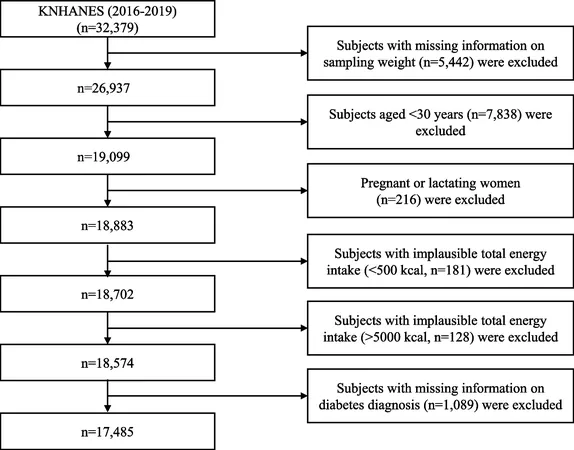
Groundbreaking Surgery Preserves Chess Genius in Brain Tumor Patient
2024-09-23
Groundbreaking Surgery Preserves Chess Genius in Brain Tumor Patient
In a remarkable medical breakthrough, brain surgeons in Barcelona have successfully preserved a patient's extensive chess knowledge while treating a brain tumor. This extraordinary case highlights not only the complex challenges posed by brain surgery but also the innovative techniques being developed to safeguard essential cognitive functions during such procedures.
The impact of a brain tumor can profoundly alter an individual's mental abilities and behavior, making it imperative for medical teams to prepare for possible changes post-surgery. However, advancements in neuroscientific research and surgical techniques have opened new avenues for maintaining specific areas of knowledge and expertise, such as the intricate strategies involved in chess.
The patient in question, an avid and competitive chess player, expressed a poignant desire to retain his skills and understanding of the game following his operation. The medical team decided to take a proactive approach to cater to this wish. They meticulously engaged the patient in a series of chess-related inquiries while simultaneously analyzing his brain to pinpoint the regions responsible for his chess abilities.
According to a study published in the journal Cortex, the surgeons implemented a comprehensive multimodal protocol that enabled them to identify and preserve the critical functional brain structures related to chess performance. The successful preservation of these neural areas not only fulfilled the patient’s wish but also significantly enhanced his quality of life post-surgery.
Moreover, the implications of this groundbreaking work extend beyond preserving chess knowledge. It could pave the way for future studies aimed at protecting other forms of specialized knowledge in patients undergoing similar procedures. As the researchers emphasized, this innovative approach involved collaboration across various disciplines, pushing the boundaries of neurosurgery.
Dr. Antoni Rodríguez-Fornells of the University of Barcelona shared insights with Scientific American, stating that their team developed revolutionary protocols for testing brain function in real-time during surgery. This effort showcases an exciting and unprecedented integration of technology in neurosurgery, including the use of coding language to assess and protect cognitive functions.
This case is emblematic of a broader trend in medical science, where the preservation of cognitive abilities is becoming an essential consideration in recovery from neurological surgeries. Recently, similar precautions were taken for another patient to maintain their computer programming skills, further demonstrating the expanding possibilities within the field.
As researchers continue to explore the intricate workings of the human brain, this groundbreaking approach not only raises hope for patients facing cognitive challenges but also highlights the profound intersection of surgery, neuroscience, and technology in safeguarding the uniquely human capacity for knowledge and skill.




 Brasil (PT)
Brasil (PT)
 Canada (EN)
Canada (EN)
 Chile (ES)
Chile (ES)
 España (ES)
España (ES)
 France (FR)
France (FR)
 Hong Kong (EN)
Hong Kong (EN)
 Italia (IT)
Italia (IT)
 日本 (JA)
日本 (JA)
 Magyarország (HU)
Magyarország (HU)
 Norge (NO)
Norge (NO)
 Polska (PL)
Polska (PL)
 Schweiz (DE)
Schweiz (DE)
 Singapore (EN)
Singapore (EN)
 Sverige (SV)
Sverige (SV)
 Suomi (FI)
Suomi (FI)
 Türkiye (TR)
Türkiye (TR)